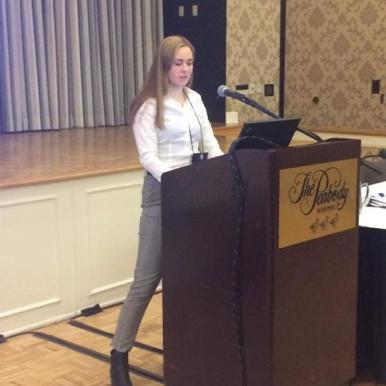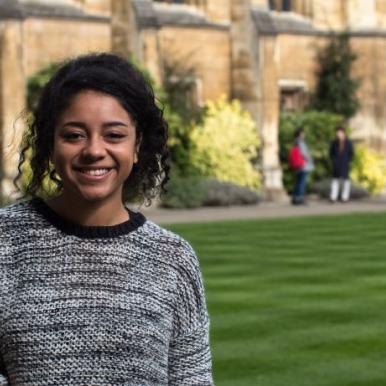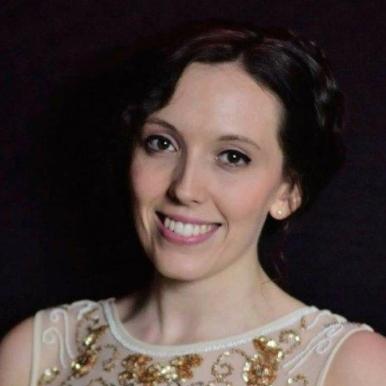Psychological and Behavioural Sciences
- PBS at Corpus Fact File
-
Typical offer: A*A*A in A Levels (or equivalent)
Required subjects: Mathematics or Biology
Typical number of PBS undergraduates admitted per year: 2-3
Submitted written work requirements: see our Written Work webpage
Admissions assessment: none (applicants may be asked to complete some interview preparatory work)
- PBS at Cambridge
-
The Psychological and Behavioural Sciences (PBS) Tripos allows students to explore a range of areas within psychology across all three years of study. Students are able to cover social and developmental psychology, as well as a range of biological and cognitive perspectives, in addition to those from neuroscience. Students are taught by internationally recognised researchers in lectures, practical classes and supervisions, and so will benefit from learning about cutting edge research taking place within the department. More information on the course structure can be found on the course webpage, and on the University's HE+ website .
The PBS degree is accredited by the British Psychological Society, which enables students to enroll on vocational courses such as clinical or educational psychology, should they be interested in pursuing a career in either of these fields. However, careers are certainly not confined to these areas, and former Psychology students at Cambridge have progressed to work in a wide range of jobs and locations.
- Why study PBS at Corpus?
-
Corpus has a thriving community of students interested in human, social, political and psychological themes. Unique to Corpus is the Gerard Duveen Social Sciences Society (GDSSS), founded in 2008 to commemorate the life and work of Corpus Fellow and leading expert in social psychology, Dr Gerard Duveen. The Society meets often to discuss a range of topics that are broadly related to the social and political sciences. Meetings are focused on a specific topic presented by an expert speaker and then opened to informal discussion by all. Past talks have been given by Lord Ramsbotham, former Chief Inspector of Prisons, who spoke on prison reform; Dr Chris Brooke, who discussed Tony Blair’s autobiography; and Helen Lockett from the Centre for Mental Health, who discussed employment and mental health problems. More recently, speakers have included Dr Seth Alexander Thevoz (Warwick University), who discussed the historical and current expenses scandals amongst British MPs; Dr Robin Samuel (University of Basel), who spoke on the relationship between gender, educational attainment and employment; and Dr Humera Iqbal (Institute of Education), who talked about multicultural parenting and the ways in which parents may prepare their children for social bias. The Society also provides a platform for undergraduate and postgraduate students to discuss their work, and many of our students have found this to be a helpful way of working through some of their ideas and receiving feedback, as well as a good experience of talking in an academic (though informal) setting. All of the College’s undergraduates, postgraduates and fellows are welcome to attend GDSSS meetings, and they are a great opportunity for interdisciplinary discussion.
Another unique aspect of Psychology at Corpus is the link to the Junior Researcher Programme, (JRP), which Dr Ruggeri has directed since its foundation in 2011. The JRP is an international research initiative for students and early career psychologists who wish to work in multicultural teams either during or immediately after completing a degree in Psychology. It begins with a training programme in a different European country each summer and lasts for a full year, culminating in a research internship and conference at Corpus every August. Though it is very much a scientific programme, previous participants have progressed to careers in corporate, clinical, (non-)governmental and international organisations.
- What do we look for in applicants?
-
Psychological and Behavioural Sciences at Cambridge is quite different to Psychology A Level, drawing on strands from Neuroscience, Biology and the Social Sciences. If you’re not sure whether PBS is right for you, the best thing is to independently engage in super-curricular reading and resources related to PBS, and see if you enjoy this. When we are assessing applicants, we are looking for those who show a real enthusiasm and motivation for the academic study of psychology.
- Super-curricular resources
-
Below are some suggestions of places you could start when exploring PBS independently. This list is not intended to be exhaustive, and you should ultimately follow your own interests within the subject.
- Journals such as The Psychologist and Nature Human Behaviour.
- Relevant FutureLearn courses
- Past Corpus Christi PBS Masterclass



